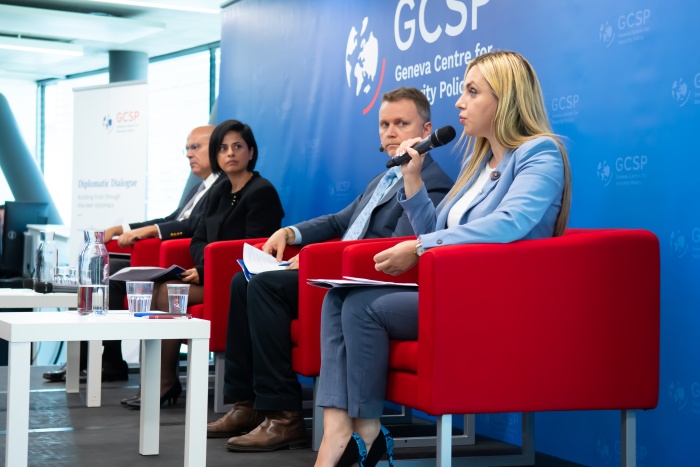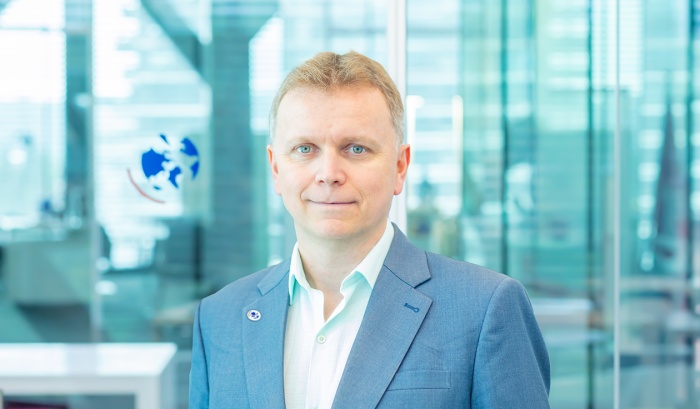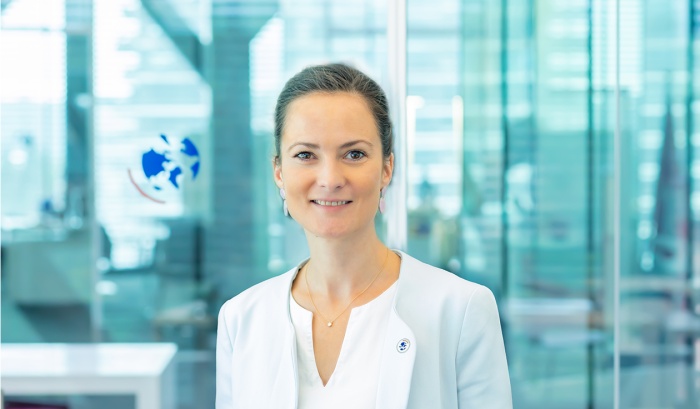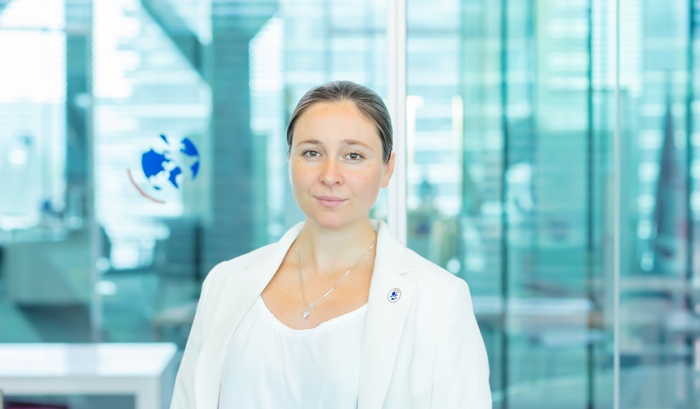Mediation and Peace Support Department
The Mediation and Peace Support (MPS) department focuses on leading or supporting mediation processes and other peace efforts around the world, in an effort to help states, international organisations, conflict parties, or other relevant stakeholders to find peaceful alternatives to conflict.
In some cases, MPS complements or directly assists existing processes, while in others it creates new tracks and, with the tools of private diplomacy:
- assesses the feasibility and most suitable/impactful niche for GCSP involvement
- builds relevant networks
- shapes dialogue processes between conflict parties (or those who can influence them)
- facilitates discreet talks
- helps guide the parties toward non-violent solutions, and
- shuttles between key actors in relevant capitals to convey policy options
Through dialogue, the MPS department harnesses its diplomatic and mediation experience and thematic expertise to build trust and confidence, find areas of convergence on sensitive issues, and generate creative ideas, with a view to managing diplomatic tensions, preventing and resolving conflict, or mitigating its worst consequences.
The following efforts illustrate a part of the expanding portfolio of our dialogue activities. Other, more sensitive tracks are not mentioned in this section, including a range of assessments (on potential new openings) that are underway.
The Bridge States Dialogue
The Bridge States Dialogue aims to explore how states that are neither in NATO/the EU nor fully aligned with other big powers can position themselves geopolitically in ways that maximise their security and economic prospects. The dialogue provides a discreet space for these states to develop policy options that will help them to successfully navigate today’s fluid geopolitical environment.
This Track 1.5 dialogue enables representatives from these states to learn from one another’s experiences, insights, mistakes and good practices, and to unearth lessons that might contribute to a more stable and sustainable security order in Europe.
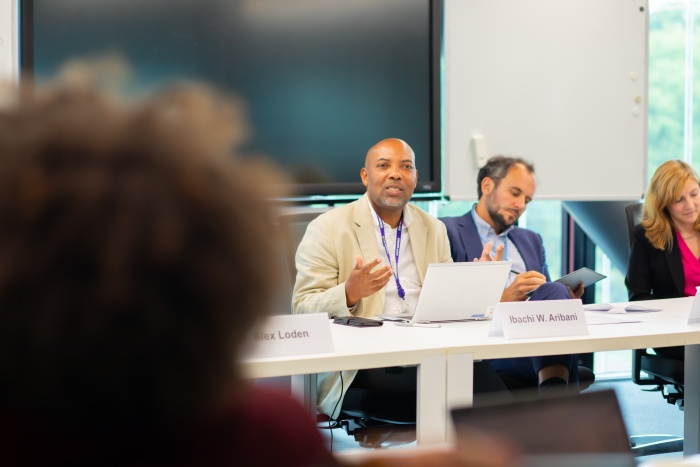
Eastern Mediterranean Initiative
The Eastern Mediterranean Initiative (EMI) is an inclusive dialogue platform that fosters collective reflection and action among experts from across the Eastern Mediterranean. Launched by the Geneva Centre for Security Policy (GCSP) in 2020, and jointly supported by Swisspeace since 2022, the EMI brings together academics, former officials, and practitioners from littoral states of the region, alongside third-country observers. Its purpose is to create a conducive environment for addressing regional tensions, advancing cooperative solutions, and cultivating a shared sense of regional purpose and interdependence. Through regular dialogues and expert group meetings, EMI supports confidence-building and the development of pragmatic, expert-informed recommendations. EMI participants adopted a Framework Document articulating the initiative’s shared vision and goals. To learn more about EMI’s work and access its publications, please visit the EMI publications page.
The High North Talks
The sharpening of geopolitical tensions, coupled with the lack of an adequate and inclusive official forum for addressing the urgent issues facing the Arctic, inspired GCSP to launch a discreet dialogue process that aims to help prevent the Arctic from becoming the next theatre of geopolitical conflict.
In the current geopolitical climate, the High North Talks is one of the few remaining venues where representatives from the countries most invested in the Arctic can meet in a discreet environment to constructively discuss the future of this region. With a focus on the most urgent problems (including accelerating militarization, regional governance and environmental changes), the aim is to find workable solutions and unearth mechanisms to prevent confrontation and maintain stability.
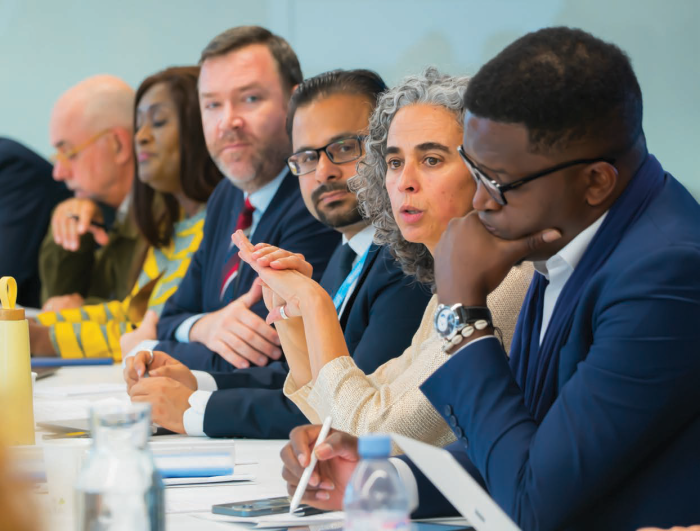
The MENA Dialogue Portfolio
MPS facilitates and engages in a variety of discreet dialogues relating to the Middle East and North Africa, both on specific geographical contexts as well as transversal themes. It brings together credible security and policy officials and experts from the region and beyond to identify common ground, distill important lessons, elaborate ideas, and produce actionable policy recommendations that are conveyed to decision-makers for consideration.
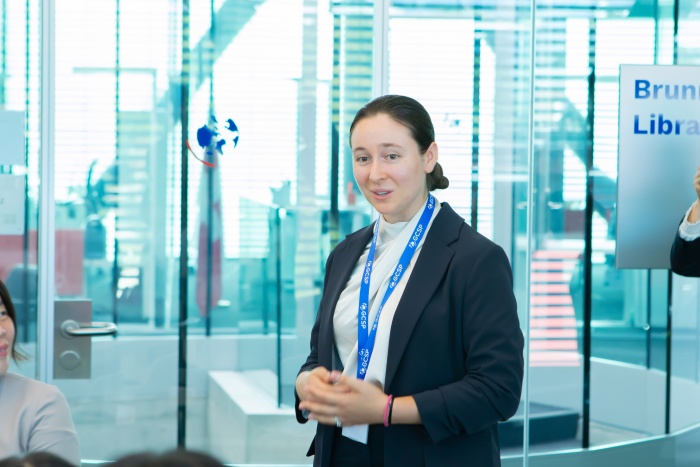
Related Publications
- Geopolitical Features, Common Interests and the Climate Crisis: The Case of the Arctic, 21 May 2024
- Diplomatic Deadlock in the Arctic: Science as an entry point to renewed dialogue, 20 December 2023
- Enhancing Prospects for Peace between Armenia and Azerbaijan through Joint Climate Change and Energy Security Action, 1 November 2024
- The Economic Benefits of Peace in the South Caucasus, 22 September 2023
- Proposal for a Regional Emergency Action Partnership (REAP) for Peace in the South Caucasus, 9 December 2024
- The Cyprus–Türkiye Maritime Boundary, 30 January 2025
- Envisioning a Framework for Eastern Mediterranean Dialogue and Regional Cooperation, 9 October 2023
- Recipe for Success: Israeli and Lebanese Analytical Perspectives on the Maritime Delimitation Negotiations, 21 March 2023
While we remain discreet about what we're doing, we sometimes publish and give interviews to help promote some of the ideas that have emerged from our Dialogues.
- Dr Michael Wenger, Polar Journal, The Geneva Centre for Security Policy and its High North Talks, 9 August 2024
- Julie Allard, Tribune de Genève, Arctique: Genève peut-elle faire fondre la diplomatie gelée?, 22 November 024

